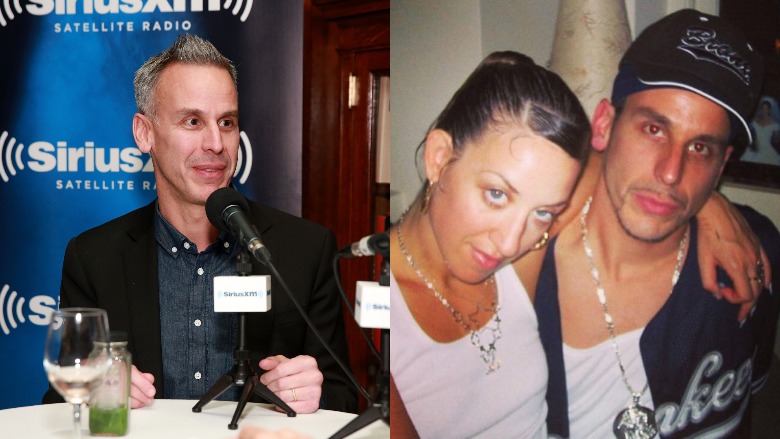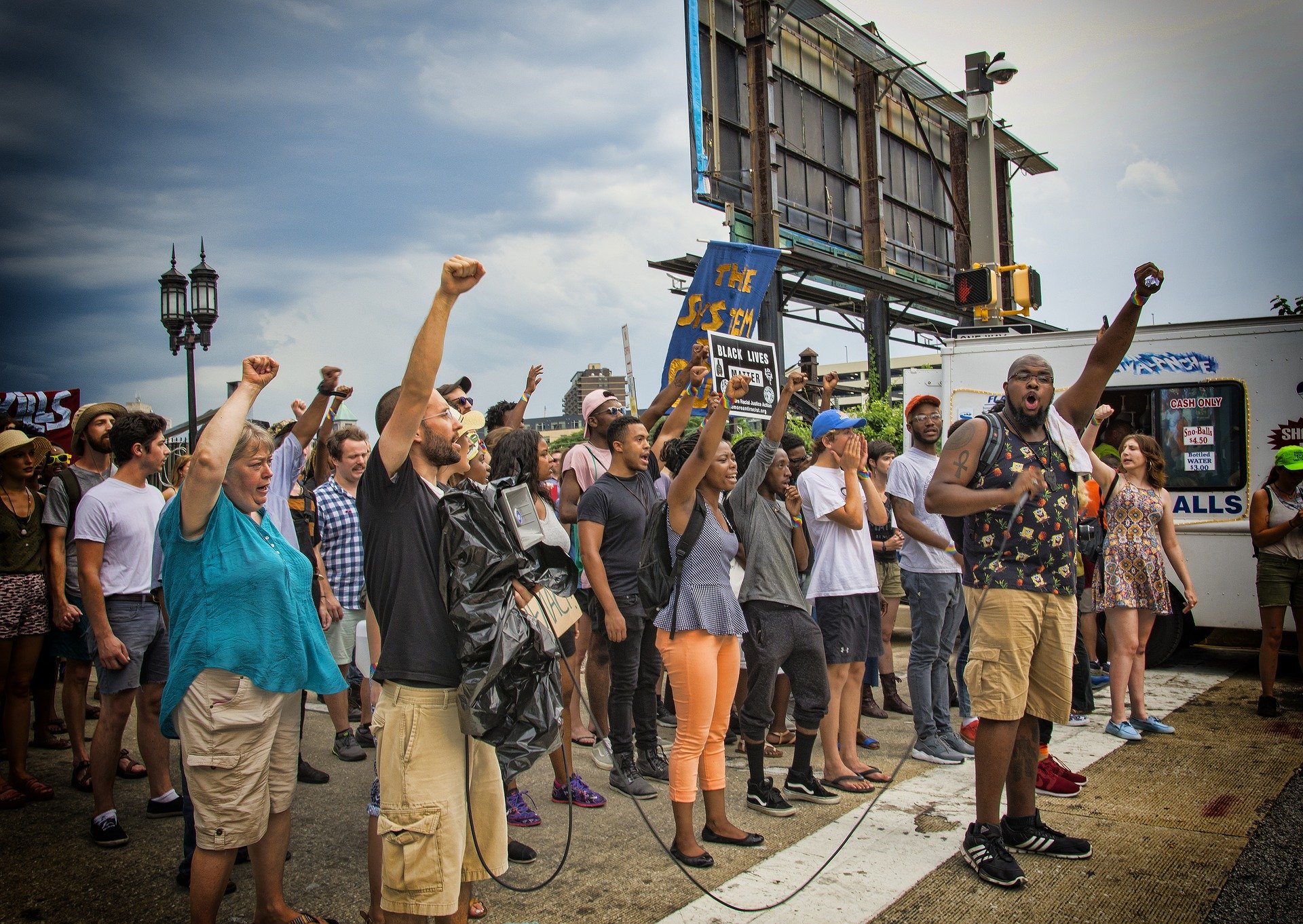Editing Note: Right after starting our new series “…in the Age of Social Distancing”, we saw the world change once again. This first lead us to take a week off. We felt that any topic at the time would seem disingenuous. That week off was then prolonged with respect to the Black Lives Matter movement and as an extension of the Blackout Tuesday movement. That brings us to now. And we want to go back to posting. But, that’s different than saying that posting about an unrelated topic would be anything but tone-deaf now.
For one, the possible topics limited by the current state of the industry. We have a great article about how to optimize your seating, but which businesses can do that now? More importantly, all other topics feel shallow in comparison with the struggles that (while being a constant) have been brought back into the mainstream.
With that said, this article and the one after will be about stories of success, stories of solidarity, and look to give room to the voices in the Industry that need to be heard now.
Impact in the Hospitality Industry In the Digital World.

Getty/Instagram
The media and hospitality industries are not immune to any of the issues that have resurfaced. Just these past 7 days, people in leadership positions in Bon Appetit, the New York Times, and Refinery29 have resigned over claims of racial discrimination. Adam Rapoport, BA’s former editor-in-chief, posted earlier this month that food was always political. And he is right.
Bon Appetit employees have since called Rapoport out on his “brownface” post from 2013. That then sparked a larger conversation. Employees started sharing stories of discrimination within Bon Appetit and Condé Nast. Current and former staff members opened up on their own past and present experiences. Some expanding on what lead them to stop collaborating with the brand. Others giving examples of clear inequality and discrimination.
The most obvious and visible from the outside is the fact that allegedly “only white editors are paid for their video appearances”. These video appearances have been part of the unlikely viral path that BA’s Youtube channel has been on. Video appearances that helped grab the attention of the younger demographic. Something that so many printed mediums are struggling to do.
Recently, Claire Saffitz, one of the biggest names of the BA team spoke out on the subject. Claire acknowledged the importance that some of these team members that were not being paid had in the success of the shows. Also acknowledging the need for “sustained learning/unlearning/relearning”. An interesting take on the matter and the approach that should we should take.
Impact in Brick and Mortar locations.
Countless media outlets are sharing stories of looting, vandalizing, and suffering. Unfortunately, that is a reality for many restaurants and businesses. And it grabs people’s attention and it gets clicks. But many restaurants and protesters have been working together to grow the movement in a sustainable way. And those stories have been undershared.
Chains as big as McDonald’s and Burger King are showing solidarity towards the movement. Sometimes while still rebuilding what was destroyed. And they are not alone. Smaller chains and independent businesses have also shown support for the Black Lives Matter movement. Simultaneously while sometimes being dealing with the damage sustained.
Hafsa Islam is the daughter of the owner of Gandhi Mahal, a restaurant based in Minneapolis. She took to Facebook to provide an update after the restaurant caught fire. The post, which has since gone viral, garnering over 40K reactions and 33k shares, put things in perspective. Ruhel Islam, the owner, said:
“Let my building burn, justice needs to be served.”
– Ruhel Islam, Gandhi Mahal’s owner
In response to the compassion and understanding shown, the community raised almost $200,000 to support the rebuilding of the business.
And other restaurants are supporting in many different ways.
Vermillion, out of Seattle, has been providing free supplies of water to protesters, working as a donation hub. Rancho Bravo Tacos, close by, is providing first aid kits. Communities all over the United States, and the world, are pulling together to support each other in this time of unrest.
In Minneapolis, just a few blocks away from where George Floyd was murdered, Pimento Jamaican Kitchen is providing critical supplies to face coronavirus and the dangers of protesting. Ranging from gloves and face masks to first-aid kits prepared to be taken on the go. Even more restaurants are providing financial support Be it by giving away part of what little profits they have left, or by encouraging their patrons to donate to the many causes.
Next week, we will be sharing examples of Black-owned businesses that you can support all over the United States. We will compile that limited list based on input from local media, and your help.
If you know or own a business, email [email protected] to be included in the article.




